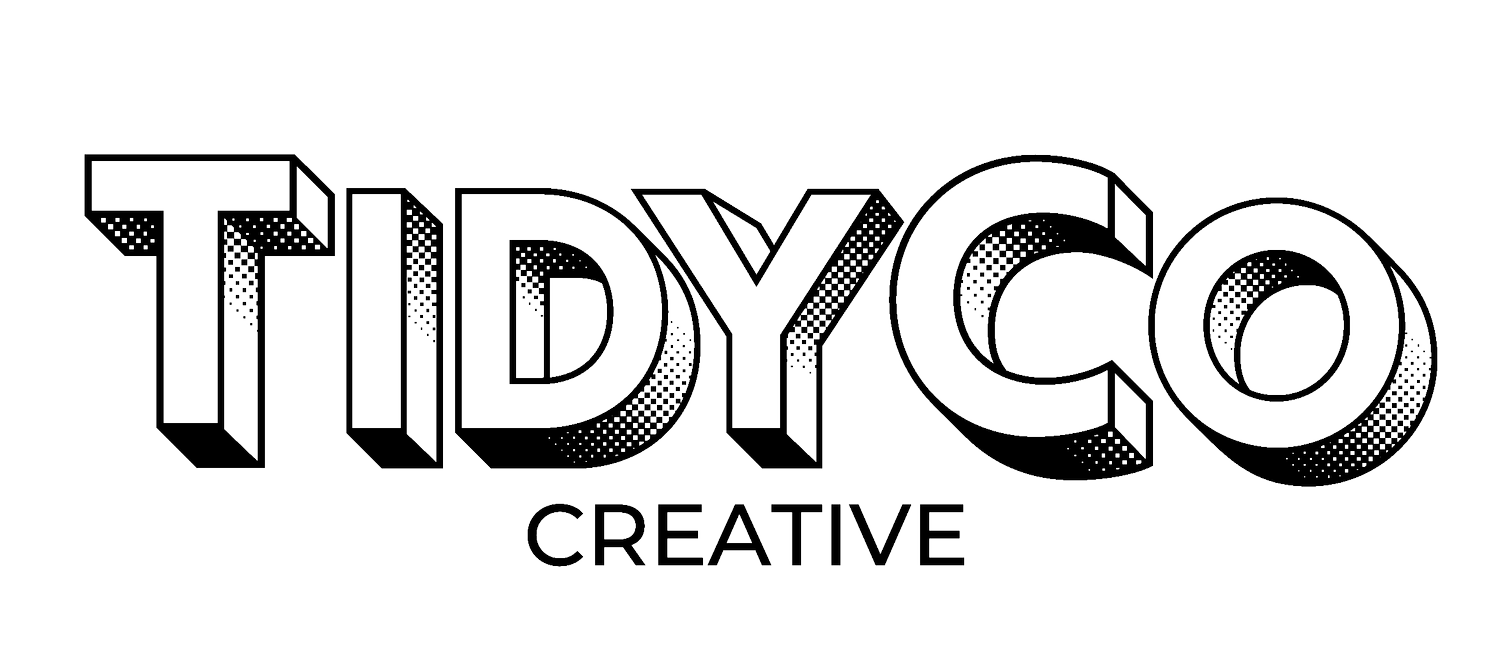Marketing for Academic Podcasters
Amplify Your Scholarly Voice
In the world of academia, sharing research and expertise has traditionally been confined to journals, conferences, and lecture halls. However, the digital age has transformed the landscape, opening up exciting opportunities for academics to reach a broader audience through podcasting. Podcasting allows scholars to communicate complex ideas, share insights, and engage in meaningful conversations with a global audience. But, as with any medium, effective marketing is crucial to ensure your podcast resonates with your target audience. In this blog post, we'll explore key strategies for marketing your academic podcast successfully.
Define Your Niche: Just as in your academic work, specificity matters. Identify the niche or subfield your podcast will focus on. Whether it's history, literature, science, or any other discipline, having a clear niche helps you attract a dedicated audience.
Craft Engaging Titles and Descriptions: Your podcast's title and episode descriptions should be clear, concise, and intriguing. Use keywords related to your field to improve discoverability on podcast platforms.
Showcase Your Expertise: Highlight your academic credentials and experience in your podcast's branding. Listeners are more likely to trust and engage with content from knowledgeable experts.
Provide Value: Ensure that each episode offers valuable insights, whether it's discussing recent research findings, interviewing experts, or sharing practical tips related to your field.
Consistent Release Schedule: Stick to a consistent release schedule. Whether it's weekly, bi-weekly, or monthly, a regular publishing schedule keeps your audience engaged and coming back for more.
Leverage Social Media: Utilize social media platforms like Twitter, LinkedIn, and Instagram to promote your podcast. Share episode teasers, quotes, and behind-the-scenes content. Engage with your audience and respond to comments.
Collaborate with Fellow Academics: Consider collaborating with colleagues or experts in your field for guest appearances on your podcast. Cross-promotion can help you tap into each other's audiences.
Engage with Your Audience: Actively engage with your listeners by responding to comments, emails, or social media messages. Building a community around your podcast fosters loyalty and word-of-mouth promotion.
Email Marketing: Create an email list to keep your audience informed about new episodes, special events, or exclusive content. Email marketing is a powerful tool for maintaining a dedicated listener base.
Optimize for SEO: Use relevant keywords in your podcast titles, descriptions, and episode titles to enhance discoverability in search engines and podcast directories.
Guest Appearances: Appear as a guest on other podcasts or invite experts from your field to appear on yours. Guest appearances expand your reach and credibility.
Analyze and Adapt: Monitor your podcast's performance using analytics tools provided by hosting platforms. Track metrics like downloads, listener demographics, and engagement to refine your marketing strategy.
By implementing these marketing strategies, academic podcasters can effectively reach their intended audience, share their knowledge, and contribute to meaningful conversations in their respective fields. Podcasting offers a dynamic platform for scholars to bridge the gap between academia and the public, fostering a more informed and engaged society. So, if you're an academic with valuable insights to share, don't hesitate—start podcasting and amplify your scholarly voice.
